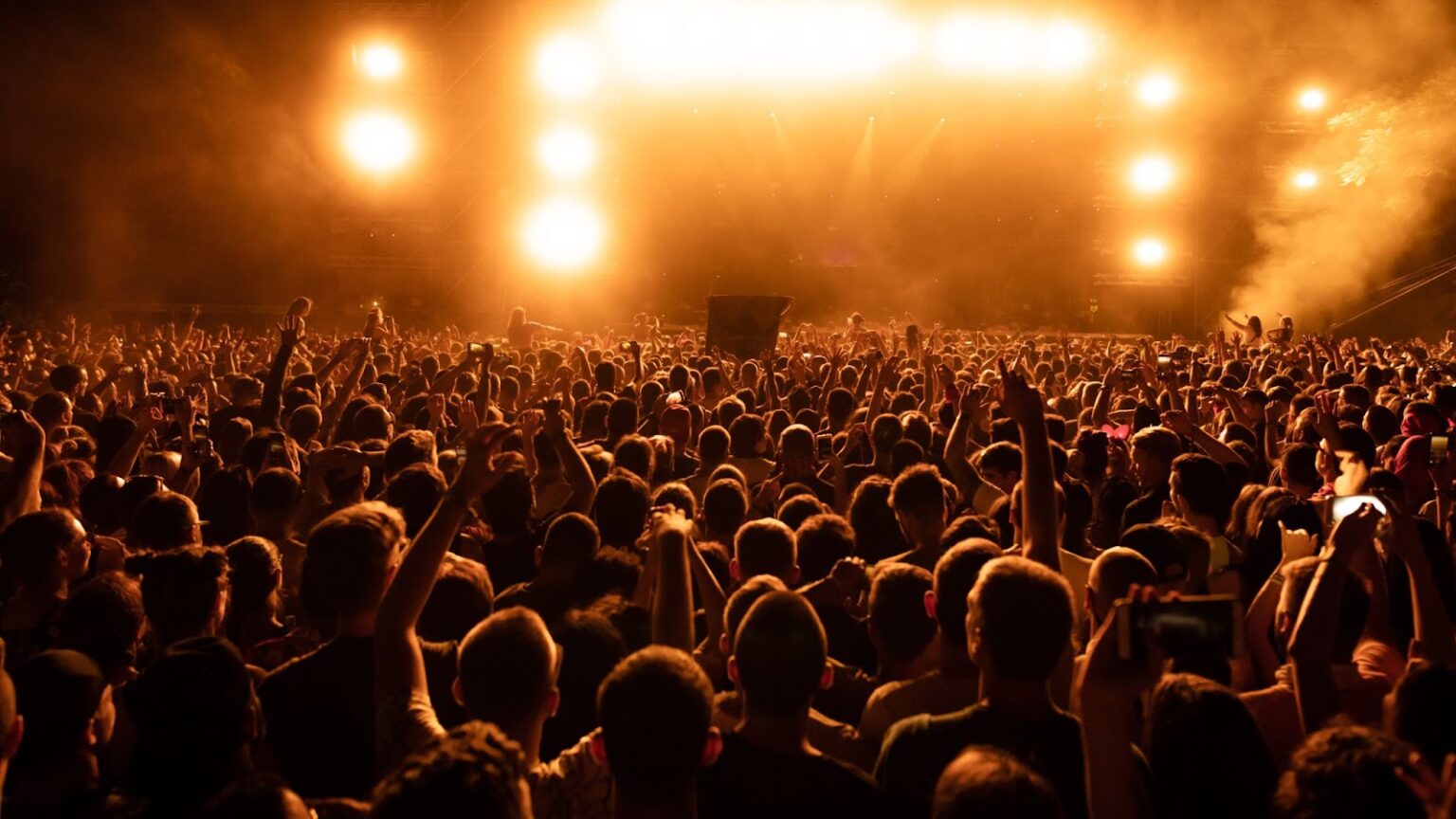
Has Malaysia banned Coldplay from performing for 20 years?
What exactly is it like to attend a concert with a “kill switch” looming overhead? Welcome to the current state of Malaysia’s international music scene. The recent Coldplay concert in Kuala Lumpur, part of their Music of the Spheres world tour, was under the microscope, with Malaysian authorities ready to pull the plug if the band stepped out of line.
This threat, although not executed, highlights the increasing precariousness of international performances in Malaysia, a nation grappling with cultural and religious conservatism.

A Political and Cultural Battleground
The issue came to the fore following an incident involving English band The 1975. Their frontman Matty Healy’s protest against Malaysia’s anti-LGBTQ laws at the Good Vibes Festival led to the event’s cancellation and the band being blacklisted.
This incident stirred up conservative leaders, demanding the cancellation of the Coldplay show, citing the band’s advocacy for LGBTQ rights as promoting “hedonism and deviant cultures.” However, Malaysia’s Prime Minister Anwar Ibrahim cited Coldplay’s support for Palestinians, aligning with the Malaysian government’s stance, as a reason to let the concert proceed.
Malaysia’s concert scene is increasingly becoming a high-stakes political game. On one side are conservative Islamists opposing international artists on religious and moral grounds. On the other, event organizers and urban fans are more receptive to Western culture. This divide places Anwar Ibrahim in a tough spot, balancing between appeasing conservative elements and supporting a vital industry for the country’s economy.

Navigating the Crossroads of Culture and Politics
This isn’t a new battle for Malaysia. International concerts have long been controversial, with artists like Beyoncé and Kesha facing cancelations due to pressure from conservative groups. The recent Coldplay concert, followed by Ed Sheeran’s upcoming performance, suggests some leeway, but the future of international music events in Malaysia is clouded with uncertainty.
Controversies have led to cancellations from various artists, including American singer-songwriter Lauv and K-pop group Mamamoo. These incidents reflect the growing influence of conservative viewpoints, particularly from the Malaysian Islamic Party (PAS), which has been vocal against concerts, linking them to “immoral behavior.”
The debate isn’t just about music. It’s about the livelihoods of those in the entertainment business and the economic impact. Malaysia’s live entertainment industry, pre-COVID, contributed significantly to the GDP, a fact not lost on neighboring countries like Singapore and Thailand, who are capitalizing on hosting international music events.
Anwar’s government faces the challenge of balancing economic interests with political support. Efforts to encourage music events, like tax exemptions for local artists and reductions for international performers, coexist with moves to appease conservative Muslim voters. This includes banning products deemed to promote LGBTQ rights and regulating concerts in public universities.
 A Divided Nation’s Future
A Divided Nation’s Future
The divide in Malaysia over this issue is more geographical than generational, with rural youth often supporting conservative parties and urban youth leaning towards liberal coalitions. This divide is set to shape future voting patterns, potentially exacerbating polarization and political tension in the country.
The issue of concert bans in Malaysia transcends Anwar’s tenure. Future governments will continue to grapple with defining the boundaries of international music events. The use of these concerts as a political tool by parties like PAS marks a challenging landscape for artists and fans alike.
In a nation where music and politics are so intricately intertwined, one can’t help but wonder: will the music play on, or will the silence be deafening?



